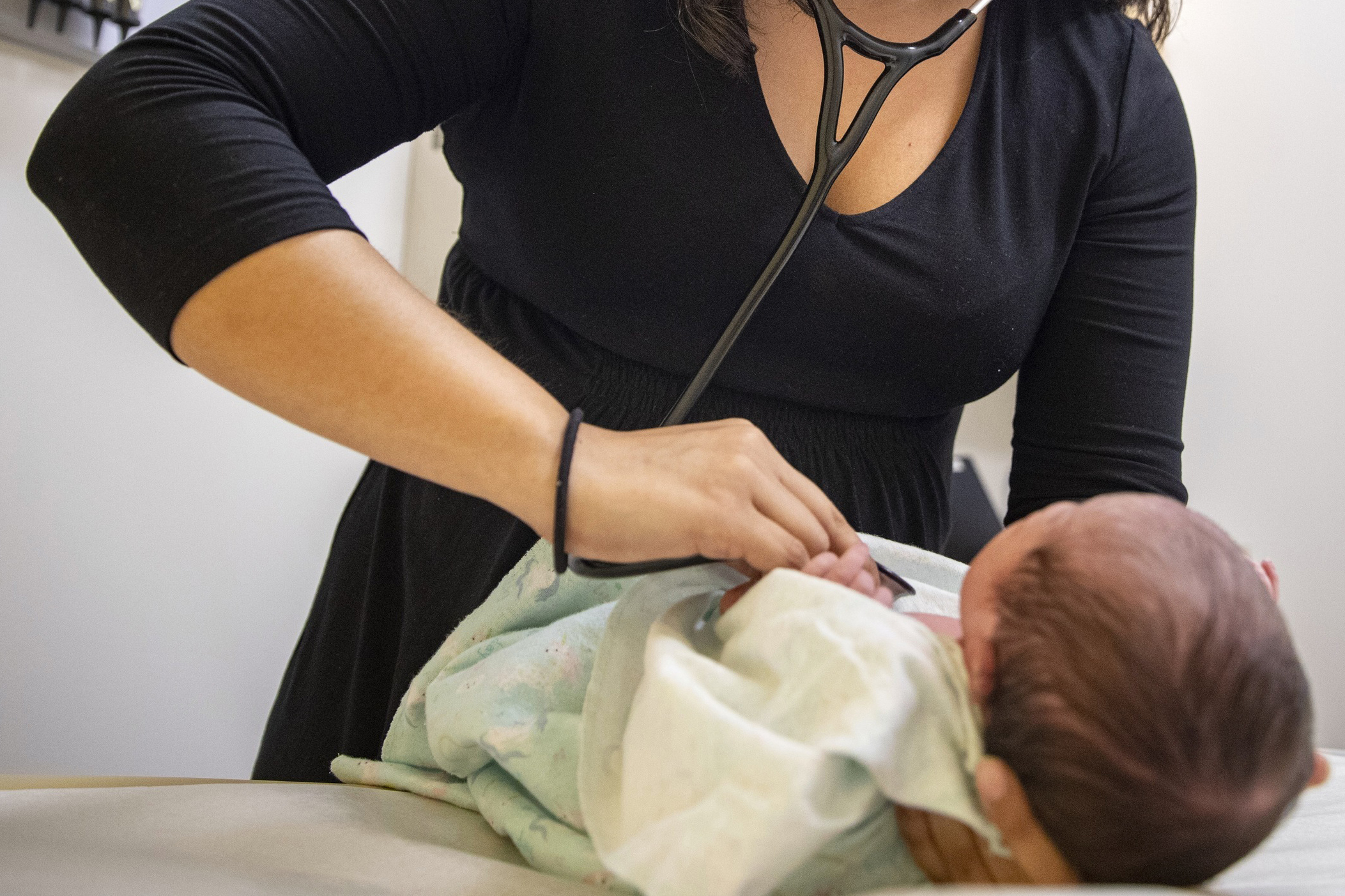How to Safely Alternate Between Tylenol and Ibuprofen for a Sick Child
:max_bytes(150000):strip_icc()/parentsalternatingtylenolibuprofen-a702a466ce044785bbe369d78704fd69.png)
- Alternating Tylenol (acetaminophen) and Motrin (ibuprofen) can be more effective for severe symptoms as they work in different ways.
- Switching between Tylenol and Motrin may be especially helpful for symptomatic fevers that are not responding to just one medication alone.
- Follow safe dosing practices and consult a pediatric health care provider if your child’s symptoms don’t improve after using these medications.
When your child is sick and needs relief, you’ll probably reach for one of two medicine cabinet mainstays: Tylenol (acetaminophen) or Motrin (ibuprofen). Both effectively relieve pain and reduce fever, but they work differently, so it can be difficult to know which one to choose.
As it turns out, some pediatricians will advise you not to choose at all, depending on the severity of your child’s symptoms. That’s because alternating between Tylenol and Motrin may be the best way to treat serious symptoms. Here’s what parents need to know about safely using these medications together.
Parents / Getty Images
Can You Take Tylenol and Motrin Together?
It’s generally safe to take Tylenol (acetaminophen) or Motrin (ibuprofen) together, as long as you follow proper dosing instructions. That’s because the medications work differently in the body. They’re also eliminated by different organs—the liver for acetaminophen and the kidneys for ibuprofen—so you don’t need to worry about excess organ strain.
What’s more, multiple studies have shown increased effectiveness when taking acetaminophen and ibuprofen together.
One reason for this is that they work differently at a cellular level, explains Bande Mangaliso Virgil, MD, a pediatric hospitalist at Piedmont Columbus Regional Hospital. “They are both fever reducers (antipyretics) and are helpful for pain (analgesia). However, the key difference is [that] ibuprofen is also a more potent anti-inflammatory medication, helpful for swelling that occurs with fevers.”
Are There Risks With Taking Together or Alternating?
Taking Tylenol and Motrin together (or alternating between them) shouldn’t cause additional side effects, though some kids might get an upset stomach.
When Should You Alternate Between Tylenol and Motrin?
Dr. Virgil says switching between acetaminophen and ibuprofen can help with fevers that aren’t responsive to one of the medications alone, especially when the fever causes great discomfort, irritation, confusion, or lethargy.
“This can happen with high fevers associated with ear infections, significant viral infections like influenza, and bladder infections, to name a few,” Dr. Virgil says. “Generally, it’s easier to keep up with single medication dosing, but in the circumstances mentioned above, switching between the two may provide greater comfort and symptom and fever control.”
Dr. Virgil recommends starting with one medication and waiting 30 minutes to see if the symptoms improve. If not, you can give the second medication.
How To Safely Switch Between Tylenol and Motrin
It’s important to keep in mind that doubling up on pain medications must be done carefully. Katherine Kazmier, MD, a pediatrician with Seattle Children’s Hospital, says it’s generally safe to give both medications at the same time every six hours (always following dosing instructions on the bottle).
Your child can also alternate between them, taking one every three hours. “Although acetaminophen can [usually] be given every four hours, when alternating with ibuprofen we usually give it every six hours because it’s simpler to alternate medications every three hours,” says Dr. Kazmier.
To use both of these medications safely, always follow the correct dosage and only combine them for a short period of time. “Both medications can have adverse effects when used at higher doses, so check the dose for your child’s age and weight carefully, and check with your child’s doctor if you’re unsure,” says Dr. Kazmier. She recommends keeping a written log of medications given, including the dosage and timing, to avoid accidentally mixing them up.
Safety Tip
Avoid giving Motrin (ibuprofen) to babies under 6 months, unless advised by a health care provider. This medication is not approved by the Federal Drug Administration (FDA) for children under 6 months.
When To Call a Health Care Provider
If your child is still miserable after a day of double-dosing, it’s time to check with a health care provider. “Your child is more likely to have adverse effects from the medications if they are dehydrated or if they have a serious infection, so if they are not drinking fluids well, having severe pain, or acting more sick than a typical childhood illness, please call your child’s doctor for advice,” says Dr. Kazmier.
Lastly, keep in mind that fever is usually not harmful. “In fact, it may be a helpful part of the immune response to infection, so I only recommend using acetaminophen or ibuprofen for comfort and to make them feel well enough to drink fluids and rest,” says Dr. Kazmier. If your child acts playful or happy during a fever, they may not need any medicine at all.
link





